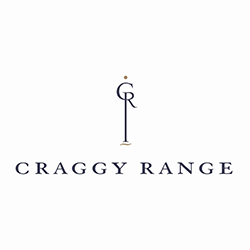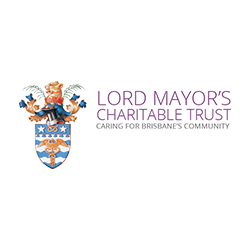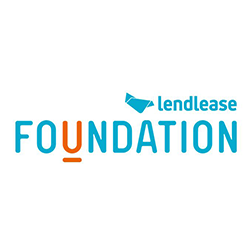
Anger gets a bad wrap and sure enough, can cause a lot of damage if it’s not contained or used in a healthy way, but it is a normal and helpful emotion when used appropriately. It has a very definite purpose or else we wouldn’t experience it. Anger can be very informative and knowing how to work with it effectively is an essential life skill. When you embrace anger and learn from it, you’ll find yourself feeling empowered, setting healthy boundaries and building respect.
Anger is a protective mechanism…
Anger occurs when one of a few things happen: basic boundaries are violated and you’re under threat, feelings are being frequently suppressed instead of expressed, a need is not being met or something is out of alignment and incongruent. In other words, are you saying what you mean and meaning what you say, in both words and behaviour. Do they match? These are the sources of anger, so the effective thing to do when you notice yourself getting irritated easily or triggered into angry outbursts is to put the guilts and judgement aside and instead, get curious. Go through those four options and see which one it was. Then, consider, “What it would take for me not to get angry?” Do you need to do something different or put boundaries in place? Is it time to say something to someone and have one of those hard conversations that take courage but ultimately, achieve valuable things in a relationship? Now, get into action to prevent the need for anger. It’s trying to tell you that something’s off kilter and needs adjustment.
Beware the personalisation trap…
When life gets truly out of balance, a common reaction is to overpersonalise the behaviour of others and this also leads to ‘cranky pants’ syndrome. When someone cuts you off in traffic or pushes in at the supermarket, they’re not deliberately out to get you. They’re more than
likely unaware of your existence and are focused on meeting their own needs at that moment. Unless someone directly tells you that they’re annoyed with you or they make it clear it’s intentional, assume it’s not about you. Avoid getting irrationally irate over irrelevant events and keep your cool!
“Even the nicest people have limits.” Anonymous
In summary:
- Anger is there for a reason - learn to use it as an early warning detection device.
- Curiosity is far more effective than berating yourself or guilt.
- It’s probably not about you, so don’t personalise it.
About the authors: Bare Hands is run by allied health professionals committed to helping women embrace positive change by providing access to practical education. To find out more give us a call, email us or visit www.barehands.com.au


































